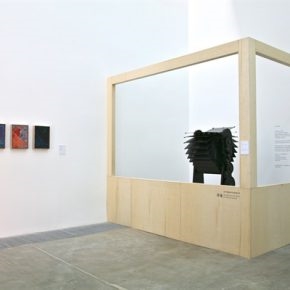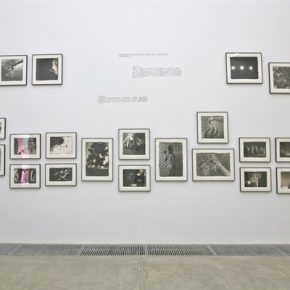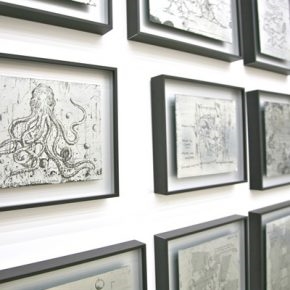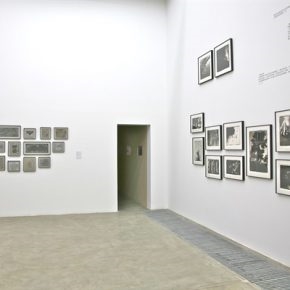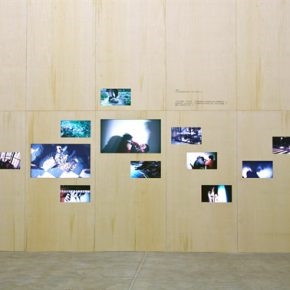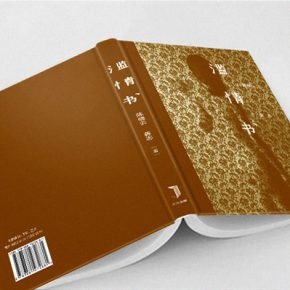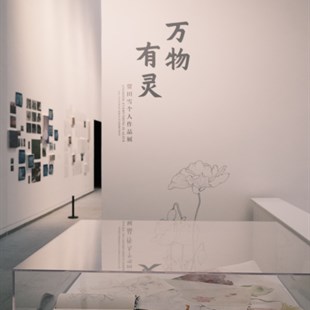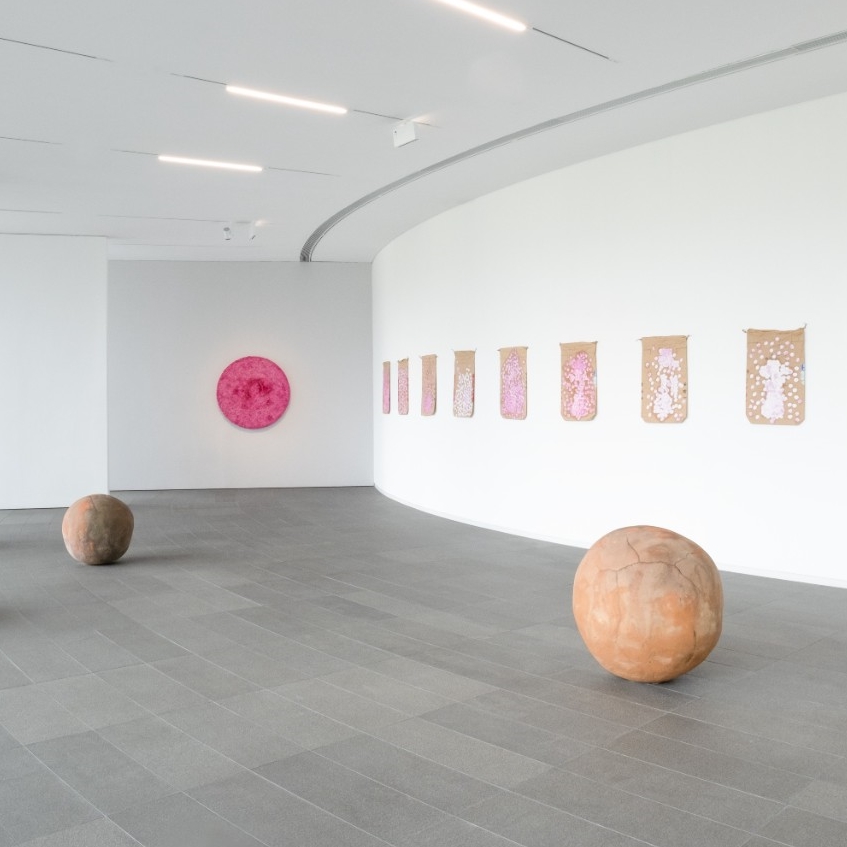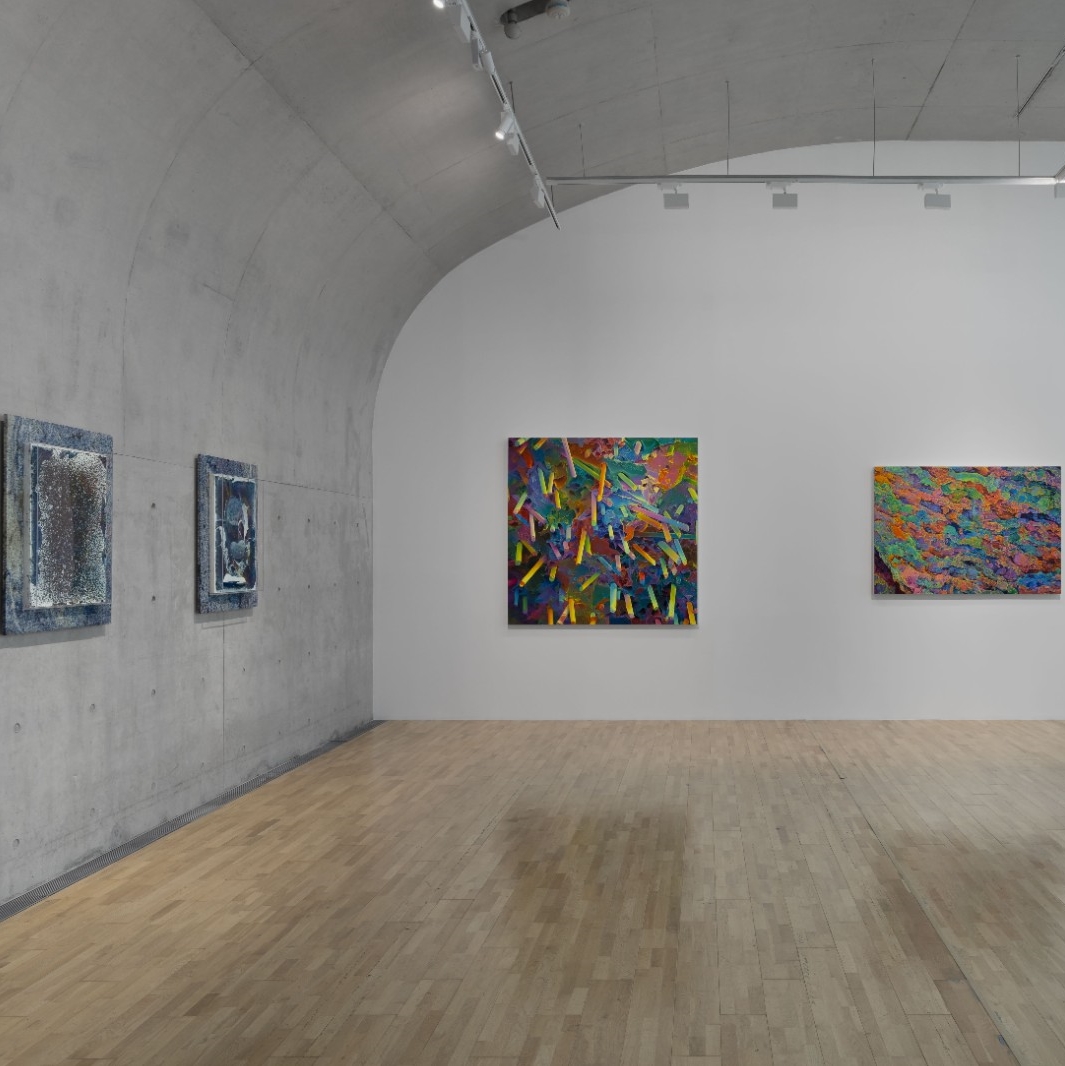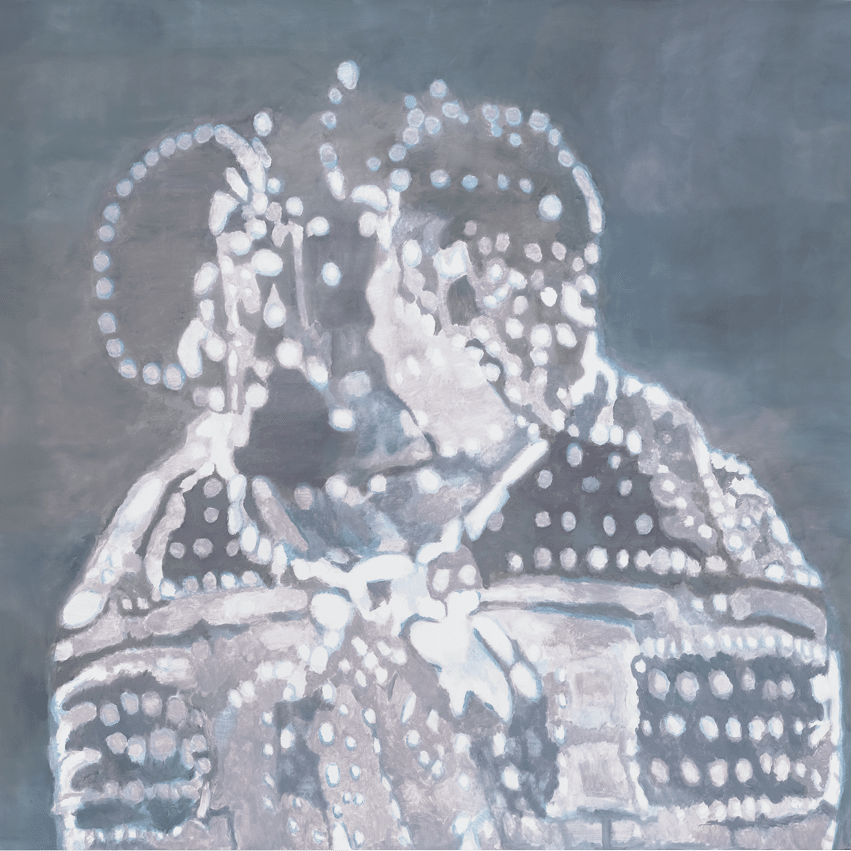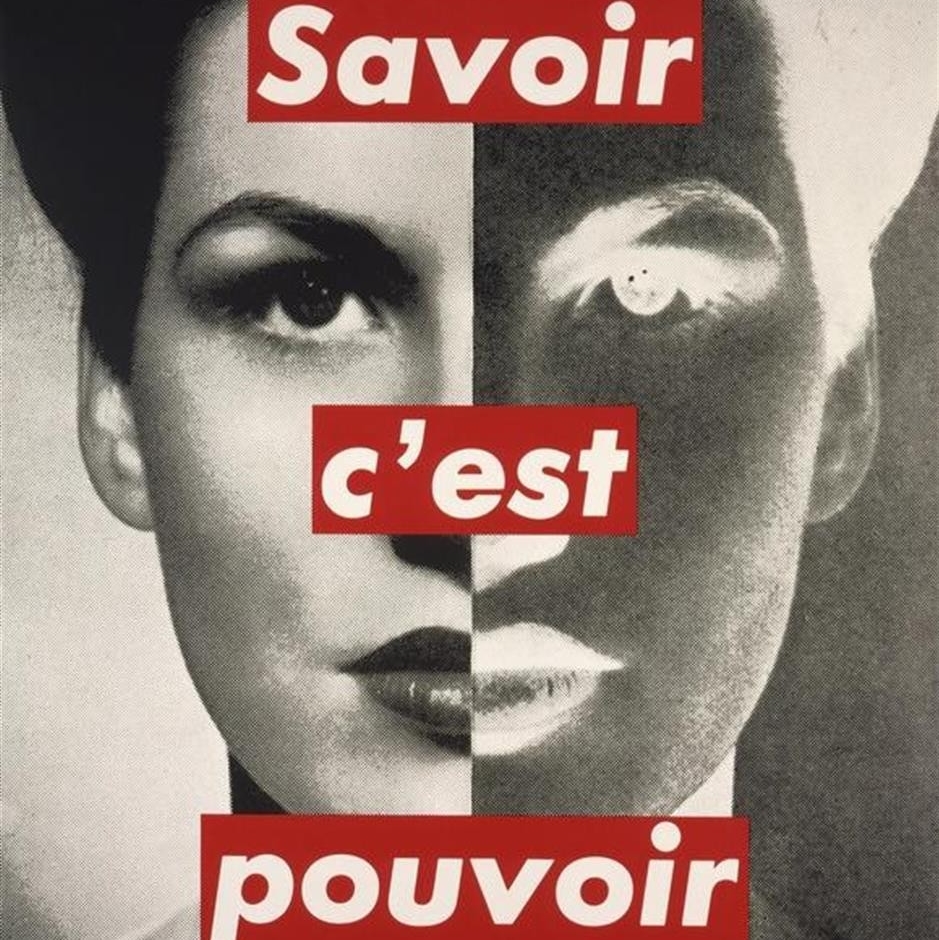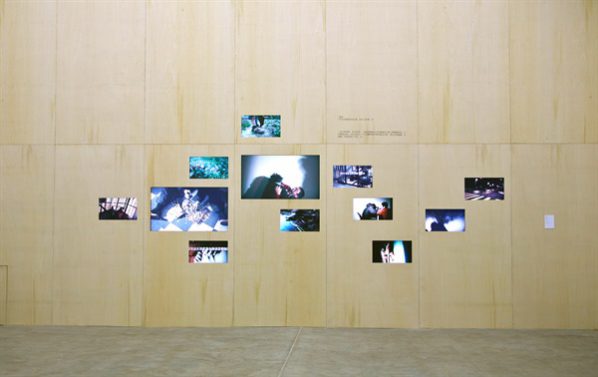
“Love-addict”, a dual exhibition of Chen Xiaoyun and Jiang Zhi at Taikang Space showcases dozens of works of them, including videos, photographs, paintings, and installations. It is a tacit knowledge among artists that they can adjust their artistic concepts or slogans to their convenience. They can, moreover, choose whatever media they like instead of sticking to any, so now the
practice of addressing an artist with a single medium as prefix is totally out of date.
In an era that centered on the producer, artists, as the provider of the content, had in control most of the authority of interpretation of their works. Be it out of tactic concern in contemporary art or false democracy, they now transfer part of the power to consumers, viewers in this case, so logically speaking, the viewers are as indispensable as the artists (today’s “viewers” have to be carefully screened and subdivided, including capitalists/collectors, and those who have their say). The audience, in increasingly important positions, sometimes do not accept the changes in an artist’s style, sometimes try to persuade the artists to cater to their taste. These people end with unpredictable aesthetic practice. But one thing is certain: their aesthetic preference really matters. What they have in common with these artists is that they can shift their aesthetics as needed, no longer having to concentrate on something particular, or being loyal to their taste, and worse still, they can go to their opposite and become love-addicted instead of a classical single-mindedness.
Both the artists and the viewers are descending to love-addicts. Amidst the randomly shifting aesthetics and art production standards, this behavior of “disloyalty” is hardly discernable. It can even bring some benefit. It leads to movement. At least there appears to be superficial boom, from the perspective of an artistic genetics and eugenics, and it does not need something called fixed standards. Its defects and consequences are also obvious. When love-addiction becomes automatic (in the end inertia), it causes annoying aesthetic fatigue. Love-addiction does not belong to criticism of emotion and ethics; instead, as a symptom, it is common experience for people who are involved in art production and art consumption.
According to Albert Camus, human beings are used to thinking in terms of image. Both Chen Xiaoyun and Jiang Zhi took an active part in the revolution of video art in the 1990s. Their works not only include photography and video, but also paintings, installations, and even creative writing. Of course they are love-addicts. Writing, another kind of creative production, became a means and a medium that went in parallel with their counter part in visual art. In this sense, to know something about their visual works, one has to get acquainted with their writing, and vice versa. Photography and video and writing are interdependent.
If you want to be a philosopher, you have to write novels, Camus said. They are fairly with novels. Like excretions or vomit that is withheld some time, either Chen’s writing or his videos seems to be characterized with a strong sense of urgency. His direct, vulgar and violent language, as well as the narration based on the overlapping three persons, builds a terrifying allegory (as “Mangy Dog”, 2006). By contrast, the obscurity and sophistication result in more precise and graceful tranquility, never lacking in poetic and speculative contents, always revealing or surprising unhurriedly when the sentence concludes (as in painting “The World Is Yours, Also Ours”, 2014-2015).
As writing has a key part to play in this exhibition, Love-addict Book will also be displayed, so reading becomes necessary here. Probably driven by libido and hormone, the book also stresses its erotic aspect. This activity, unique to humans only, is generally understood as disrespect for taboos and rules or, according to Georges Bataille, the result of the overflow of life impulse, no matter it is about the division of life or writing. To accept the therapeutic function of these words, we believe, can help to understand the indivisible visual part, including love-addiction, and vice versa.
Chen Xiaoyun, born in Hubei in 1971, is now based in Beijing.
Jiang Zhi, born in 1971 in Yuanjiang, Hunan, graduated From CAFA in 1995 and is now based in Beijing.
About Taikang Space
Taikang Space is a non-profit art organization founded in 2003 by Taikang Life Insurance Ltd, with the concept of “retrospection and encouragement”, it showcases thoughts and evaluations in the field of contemporary Chinese art, by which it aims to build a platform that provokes the artists’ potentials and in-depth research and exchange.
About the exhibition
Dates: Sep. 8, 2016 - Nov. 12, 2016
Curator: Su Wenxiang
Art Director: Tang Xin
Artists: Chen Xiaoyun, Jiang Zhi
Venue: Taikang Space (Address: Red No.1-B2, Caochangdi, Cuigezhuang, Chaoyang District Beijing, China)
Courtesy of the artists and Taikang Space.


